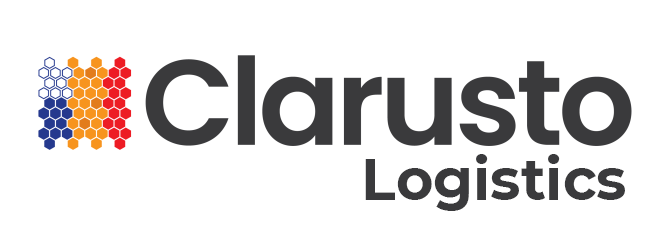
Discover how IoT is transforming fleet management by increasing efficiency, reducing operational costs, and improving decision-making in logistics.
Introduction:
In the logistics industry, fleet management is crucial for maintaining timely deliveries, optimizing routes, and managing vehicle health. With the rise of IoT technology, fleet management has undergone a significant transformation. Fleet managers can now access real-time data on vehicle performance, driver behavior, and external conditions, allowing them to make more informed decisions.
This blog discusses how IoT improves fleet management efficiency and why it is becoming an essential tool for logistics companies looking to stay competitive in a fast-paced industry.
The Role of IoT in Fleet Management
1. Real-Time Vehicle Monitoring
One of the key benefits of IoT in fleet management is the ability to monitor vehicles in real-time. Through GPS tracking and smart sensors installed in vehicles, fleet managers can monitor:
- Location tracking: The exact location of every vehicle in the fleet.
- Fuel consumption: Track fuel usage patterns and identify inefficiencies.
- Maintenance alerts: Monitor vehicle health and receive early warnings for necessary repairs.
By continuously monitoring these metrics, fleet managers can optimize fuel consumption, reduce idle time, and avoid costly repairs, thus enhancing fleet efficiency.
2. Optimizing Routes for Fuel Efficiency
With the help of IoT, logistics companies can optimize their delivery routes by analyzing real-time traffic data, weather conditions, and road closures. By reducing the time vehicles spend in traffic or on inefficient routes, IoT-enabled route optimization can significantly reduce fuel consumption and improve delivery times.
For example, route optimization software can reroute vehicles in real-time based on changes in traffic conditions. This not only saves fuel but also improves delivery schedules, leading to enhanced customer satisfaction.
3. Predictive Maintenance for Fleet Longevity
Vehicle downtime due to maintenance issues is one of the biggest challenges in fleet management. IoT devices embedded in fleet vehicles can provide predictive maintenance alerts by analyzing engine performance, oil levels, tire pressure, and brake conditions. These insights allow fleet managers to schedule maintenance proactively, preventing breakdowns and ensuring that vehicles remain operational for longer periods.
Predictive maintenance also reduces the overall cost of vehicle upkeep by addressing potential issues before they escalate into major repairs.
4. Improved Driver Behavior and Safety
Driver behavior has a significant impact on fleet performance. IoT systems can monitor driver habits such as speeding, harsh braking, and rapid acceleration. By analyzing this data, fleet managers can identify problematic driving patterns and provide targeted feedback to drivers to improve their performance.
Not only does this improve fuel efficiency, but it also enhances road safety by reducing accidents. Safer driving habits also reduce wear and tear on vehicles, further contributing to overall fleet efficiency.
5. Real-Time Data for Better Decision-Making
IoT provides access to a wealth of data that can be used to make better decisions in real-time. Fleet managers can analyze historical data on vehicle performance, fuel consumption, and driver behavior to identify trends and implement long-term improvements.
For instance, using IoT data, companies can create more efficient delivery schedules, better plan vehicle maintenance, and identify opportunities to reduce operational costs. In this way, IoT-based fleet management enables companies to improve overall operational efficiency and remain competitive in the market.
6. Enhanced Compliance and Reporting
Fleet managers must comply with a variety of regulations, including vehicle safety standards, fuel emissions requirements, and driver working hours. IoT technology simplifies compliance by automating the collection and reporting of critical data, such as engine diagnostics, fuel consumption, and driver logs. This ensures that fleet managers can meet regulatory requirements while also improving the accuracy and efficiency of their reporting processes.
7. Eco-Friendly Operations
The environmental impact of logistics operations has become a growing concern for companies worldwide. By using IoT to monitor fuel consumption and reduce unnecessary vehicle idling, logistics companies can adopt more eco-friendly practices.
This not only reduces fuel expenses but also lowers the carbon footprint of fleet operations. By embracing sustainable practices, companies can improve their brand reputation while also contributing to a healthier planet.
Conclusion: Embracing IoT for Fleet Management Efficiency
The rise of IoT in fleet management marks a transformative shift for logistics companies. From optimizing fuel consumption and routes to improving driver safety and reducing vehicle downtime, IoT is helping businesses operate more efficiently than ever before.
For logistics companies looking to stay competitive and reduce operational costs, the implementation of IoT solutions in fleet management is no longer an option but a necessity. With real-time insights and data-driven decision-making, IoT is paving the way for more efficient, cost-effective, and sustainable fleet management practices.

